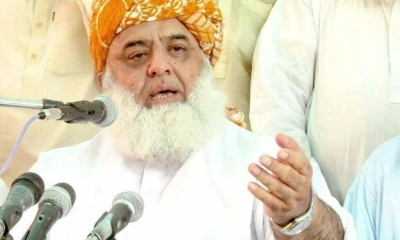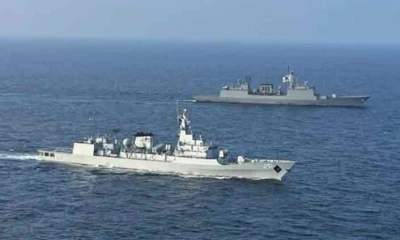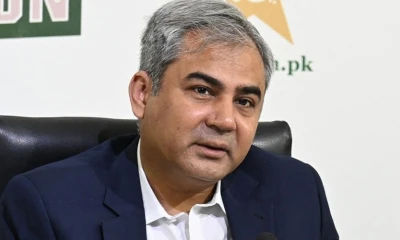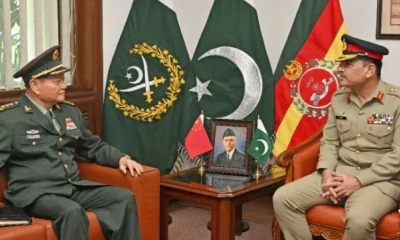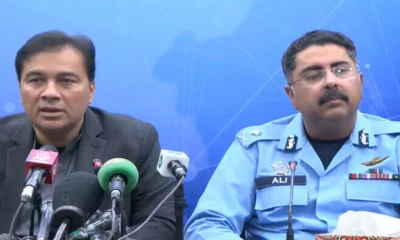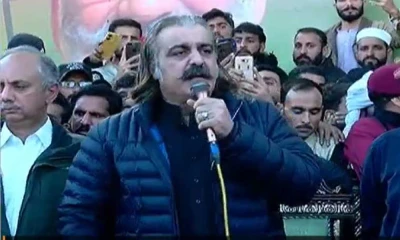Pakistan
SC dismisses Defence Ministry’s plea for elections in Pakistan simultaneously
The Chief Justice of Pakistan warns government of serious consequences if elections funds are not released.
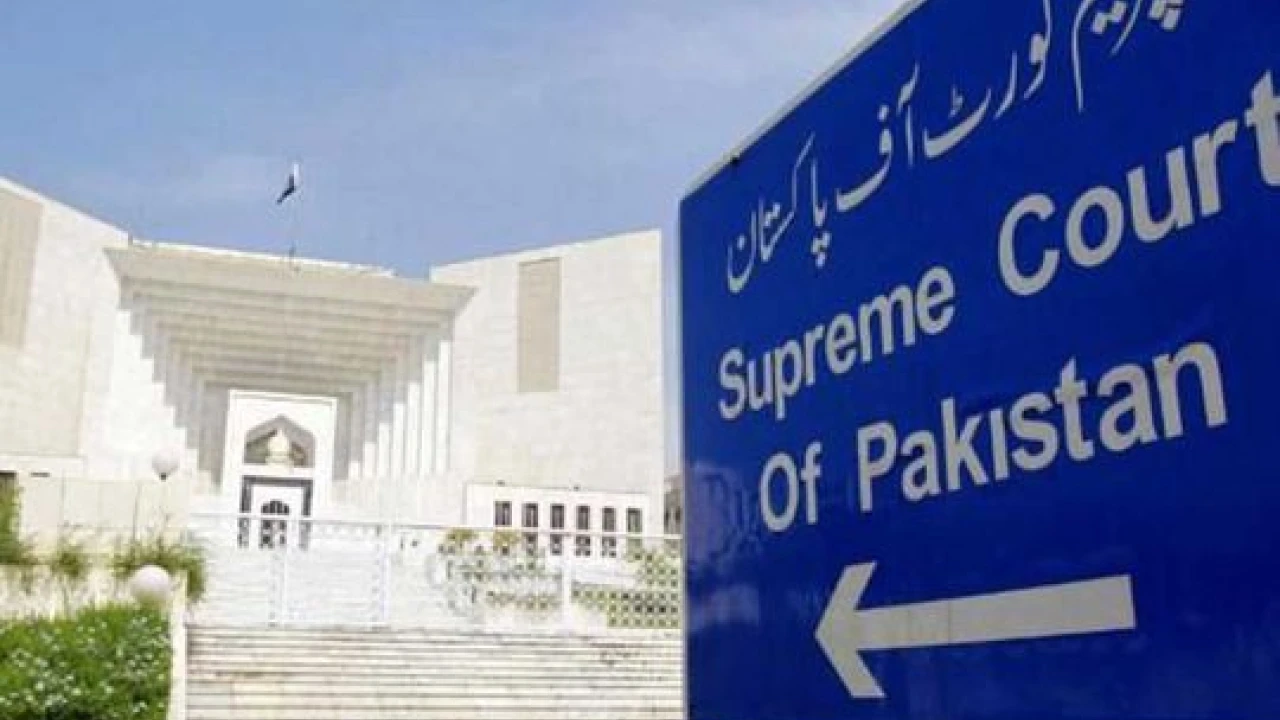
Islamabad: Chief Justice of Pakistan Omar Ata Bandial observed that if political parties agreed, the court could make any way out. If the Political parties wanted to change the date of the elections, the court was with them.
A Supreme Court three-member bench headed by Chief Justice Umar Ata Bandial and comprising Justice Ijazul Ahsan and Justice Muneeb Akhtar issued notices to the heads of the political parties. The court adjourned further hearing till 11: 30 am tomorrow (Thursday).
However, the court dismissed the petition of the Defence Ministry, holding that it was inadmissible. The top court asked the federal government for funds.
“If funds are not provided for the elections, serious consequences may arise. The Ministry of Defense's request to hold elections together in the country is not admissible,” said the CJP.
The Ministry of Defense and two citizens have approached the Supreme Court to hold nationwide elections at the same time.
During the hearing, Justice Muneeb Akhtar said that a vote of no confidence against the Prime Minister of the Parliament also has consequences. The Chief Justice said that if funds are not provided for the elections, serious consequences may arise. "May Allah give us the courage to make the right decisions, include us among the righteous people, and remember us with kind words when we are gone," he added.
Chief Justice Omar Ata Bandial remarked, "The case is taking huge time. Has the government given its executive work to Parliament or not?"
Justice Muneeb Akhtar asked if the government had ever failed in obtaining approval for a supplementary grant. The Attorney General said that the movement for austerity measures was approved in 2013 and time was available to obtain approval before issuing the grant in the current case.
Justice Akhtar observed that the Ministry of Finance team repeatedly stated that approval for the supplementary grant is obtained afterwards. The Ministry of Finance referred to Article 84 of the Constitution. Is your case that the government is serious about its responsibilities but Parliament has refused? The Prime Minister had to rely on the majority in Parliament for approval of funds for the elections. The Prime Minister is the country's chief executive.
Chief Justice Omar Ata Bandial remarked that they hoped the government would respond positively to the provision of funds for constitutional action.
“We have been informed about the security situation. Why does the Election Commission feel that the situation now is much worse than in the past? Even during terrorism in the past, there were elections, and elections were held during the year of the respected Benazir Bhutto's testimony,” the bench raised the counsel.
Justice Maneeb Akhtar said that it is necessary for the Prime Minister to have a majority in the assembly, and the Attorney General should try to understand that the matter is very serious.
The Chief Justice said that there is no precedent for sending the National Assembly Standing Committee on Administrative Affairs, Election Expenses are necessary, not insignificant, and there is concern that the government grant will be returned against the existence of the assembly. Who will guarantee that conditions will be peaceful on October 8th? The Defense Ministry's response is not reassuring.
Chief Justice further remarked that Election Commission aid that elections could nt be held until October. Election Commission also proposed to hold elections simultaneously.
“There are several questions arising from the Election Commission's proposal. The basis of the Election Commission's apprehension is the lack of security. Terrorism has been ongoing in the country since 1992, and elections were held in 1987, 1991, 2002, 2008, 2013, and 2018. Now, is there a unique threat that could prevent elections from being held?,” asked the bench.
-
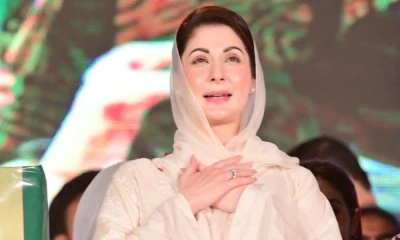
 Regional 10 hours ago
Regional 10 hours agoMaryam grateful to people of Punjab for not supporting anarchists
-
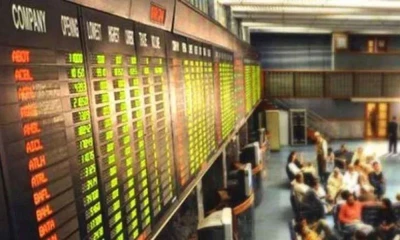
 Business 1 day ago
Business 1 day agoBloodbath as PSX crashes amid heightened political situation
-
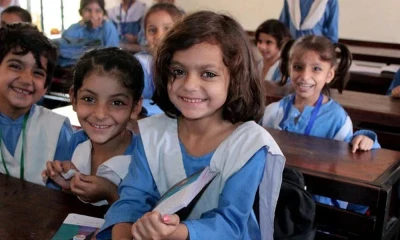
 Regional 2 days ago
Regional 2 days agoSecretary Schools Punjab announces winter vacation dates
-
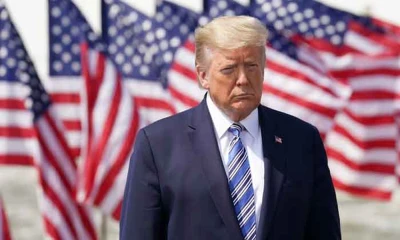
 World 2 days ago
World 2 days agoDonald Trump completes 15-member cabinet
-
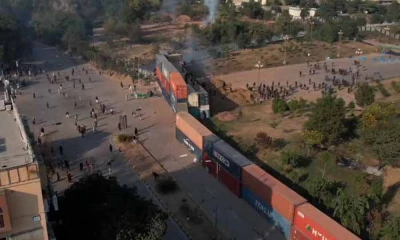
 Pakistan 1 day ago
Pakistan 1 day agoPTI protesters reach D-Chowk, heavy security on alert
-
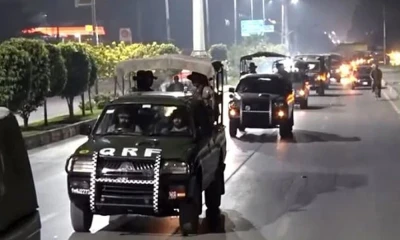
 Pakistan 1 day ago
Pakistan 1 day agoArmy called in Islamabad, ordered to shoot miscreants on site
-
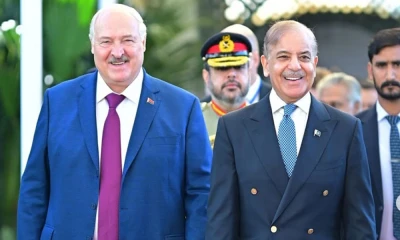
 Pakistan 6 hours ago
Pakistan 6 hours agoBelarusian President, PM Shehbaz arrive in Murree
-
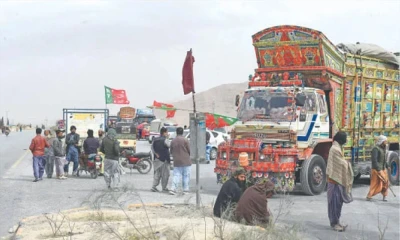
 Pakistan 2 days ago
Pakistan 2 days agoNon-recovery of abducted boy leads to strike across Balochistan


